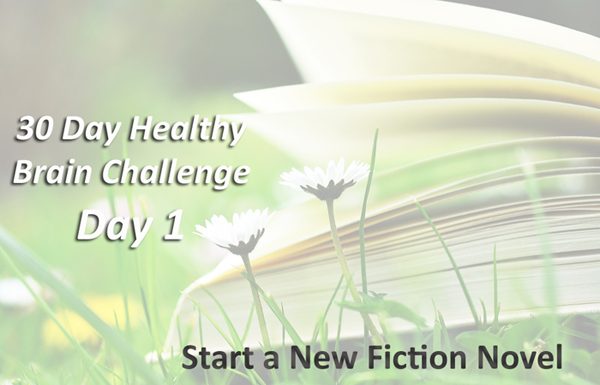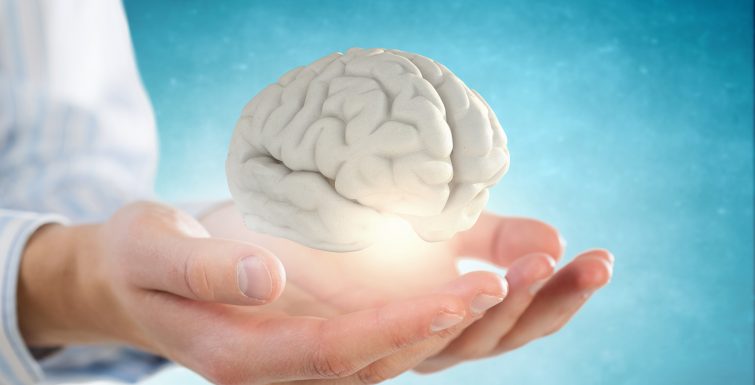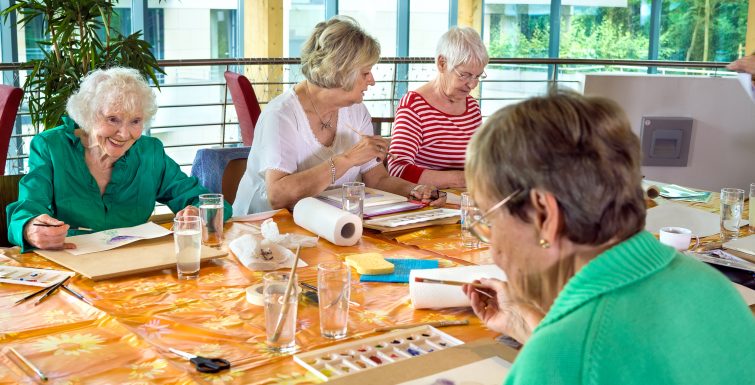June is Brain Injury Awareness Month and in recognition Solutions for Living is introducing the 30 Day Healthy Brain Challenge. We challenge you to complete these 30 simple activities and tips which when incorporated into your lifestyle can help improve memory, boost mental health, prevent brain injury and reduce cognitive decline.
Pick and Start a New Novel
Reading is something we encourage in children from a very young age for many reasons including building language skills, developing speech and more. Taking time to read is something we should continue to encourage, especially in our adult years. Researchers have studied the effects of reading on the brain and have found that reading a novel can change the brain and these effects last for days after reading has occurred. From cognition to mental health and everything in between, reading has fantastic benefits for the brain at all ages.
Delve deeper into the research behind how reading improves our brain in the following article from ABC News.
ABC News: How Reading a Novel Can Improve the Brain
To learn more about other ways reading can improve your health take a look at a previous post from our blog: Books Can Boost Your Health.
Be sure to follow along the 30 Day Healthy Brain Challenge and let us know how many activities you have completed!








